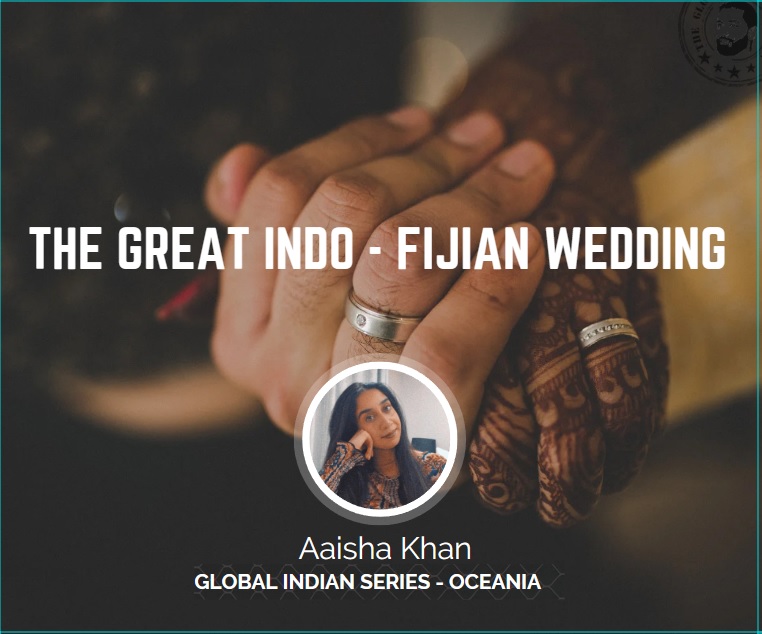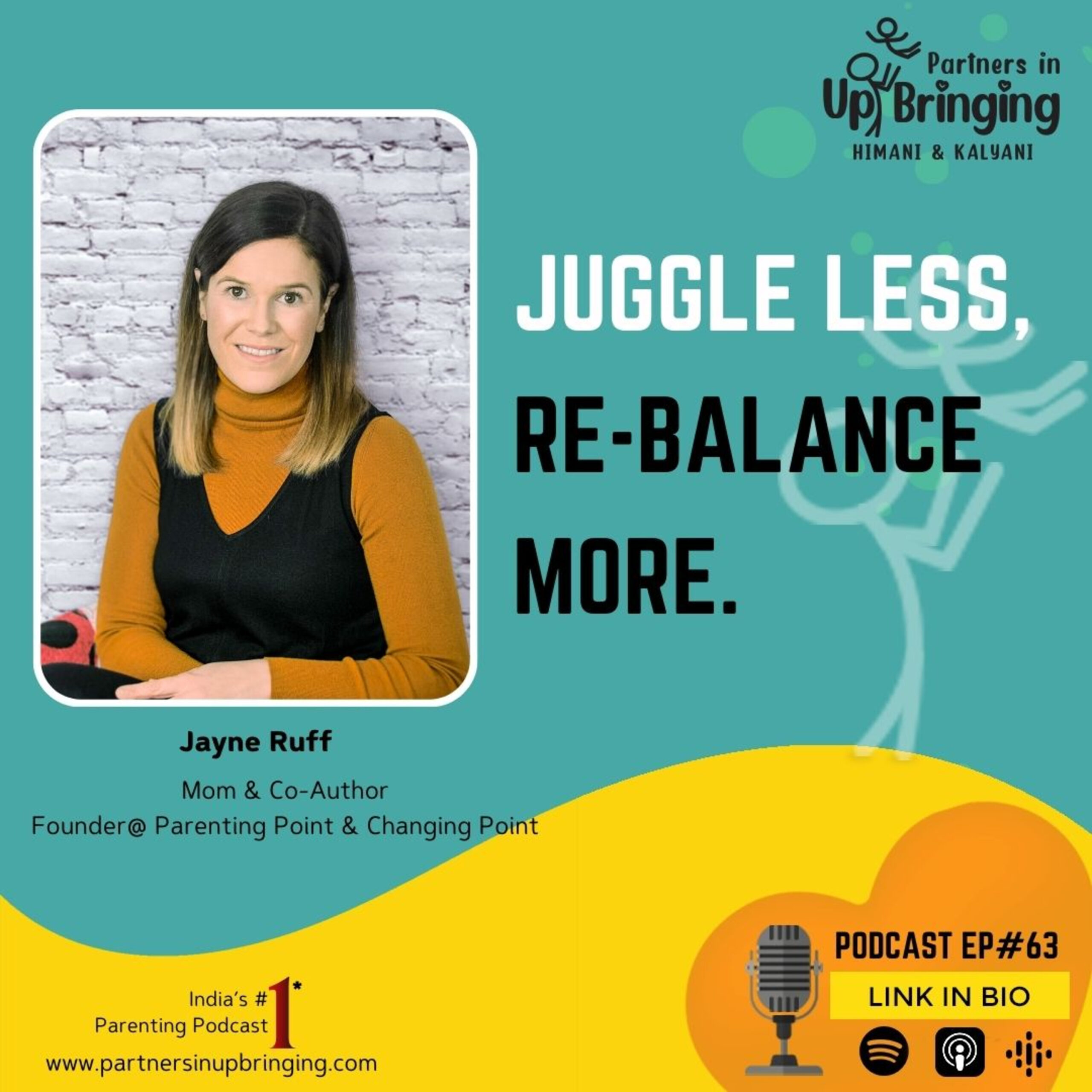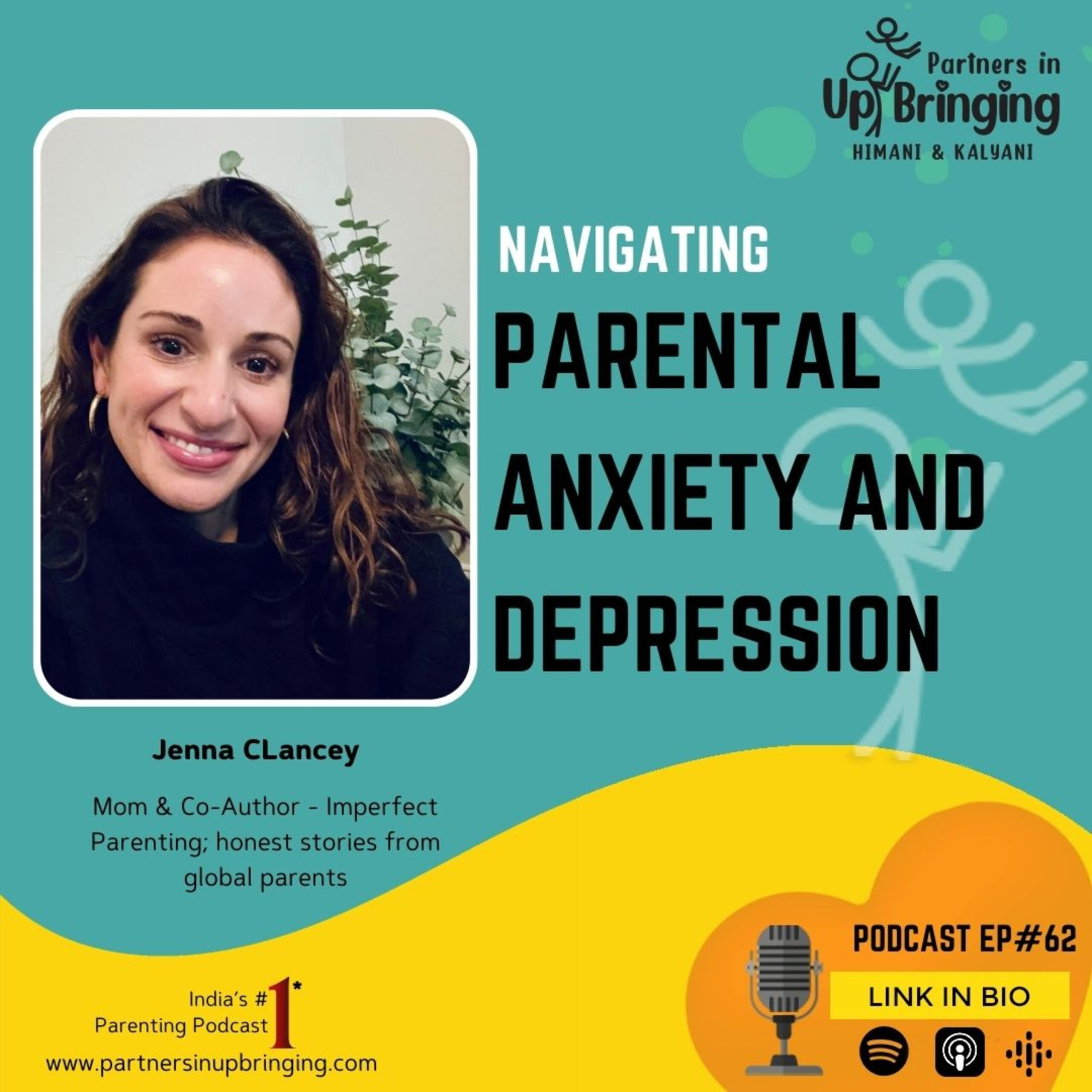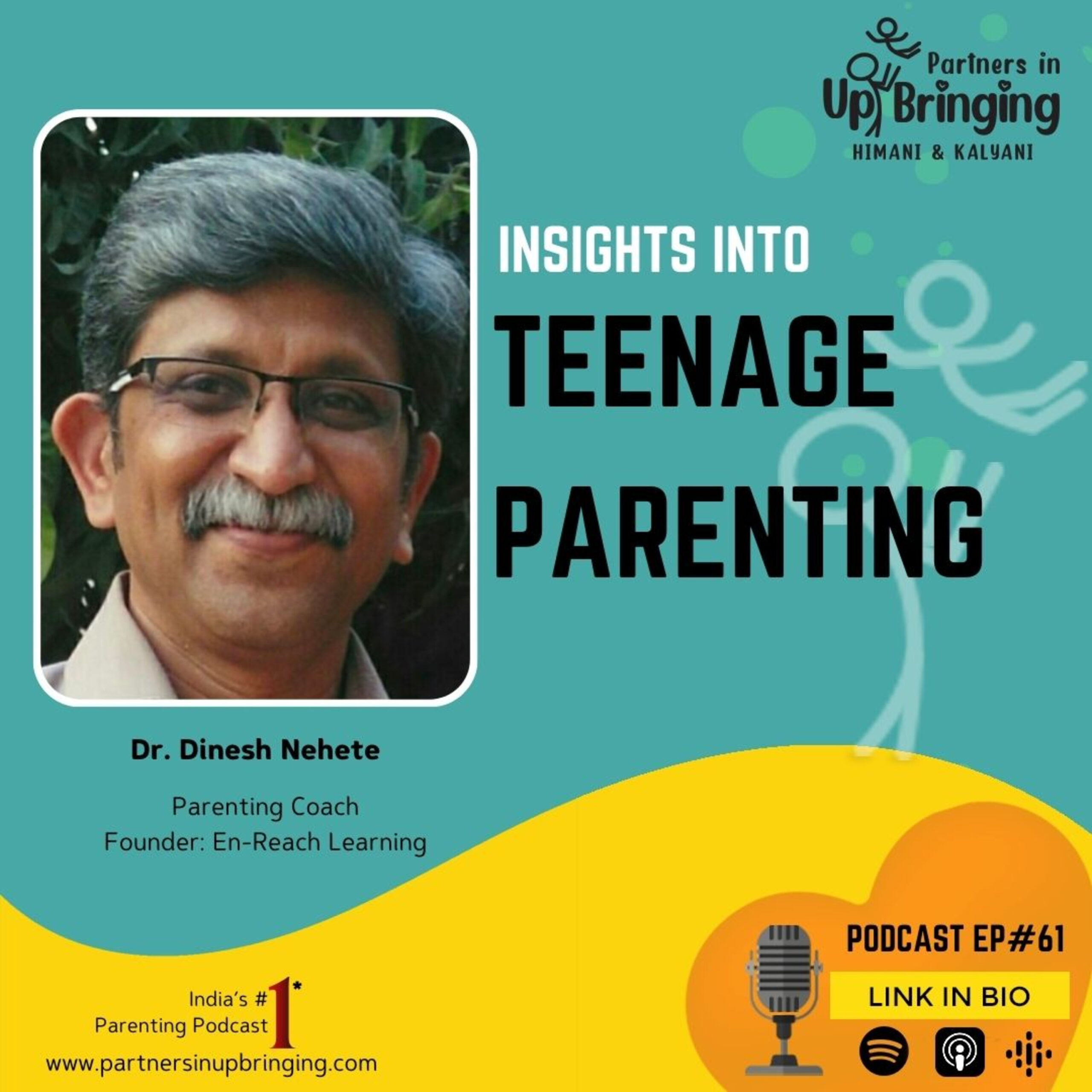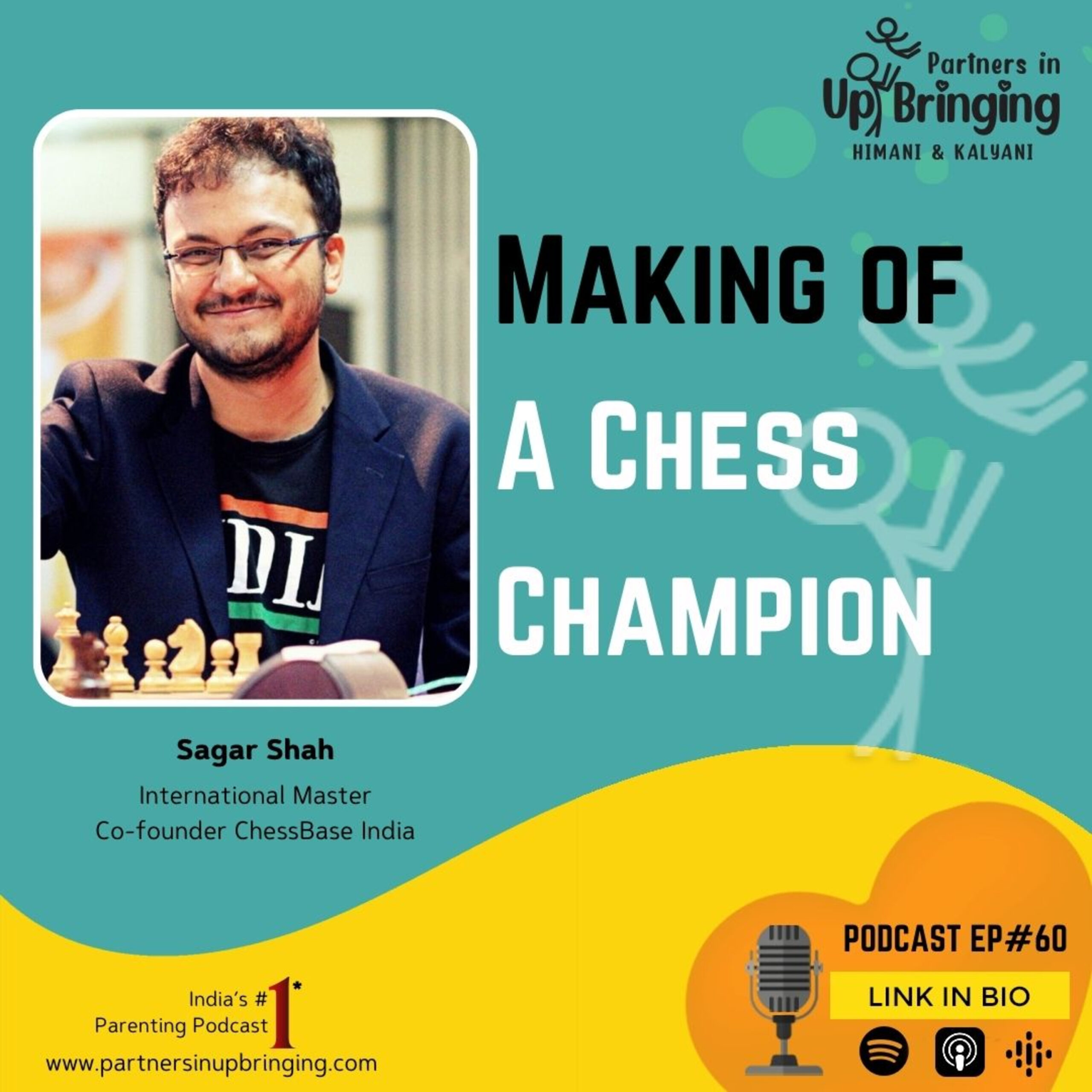Disclaimer: This is a general order of events that occurs in an Indo Fijian wedding.
The Haldi ceremony, the Mehendi ceremony, the weeks of ‘naach gaana’ (singing and dancing), the arrival of the Baraat, the countless shopping trips. Ah, weddings.
Indo Fijian culture recognises marriage not only as two individuals making a pledge to embark on the journey of life together, but marriage is also recognised as the merging of two families. Though these days arranged marriages are not the first choice for many individuals, ensuring that the two families are compatible is still common practice. Factors like the family’s reputation, status, wealth and religious / cultural preferences are taken into account. Often, these factors take precedence over what the individual desires. In a way, marriage is a transactional relationship between two families.
Our weddings are rich in customs and grandeur. The wedding festivities are kicked off with the Sangeet night (literal translation: ‘sung together’). As per my own experience, ‘Sangeet night’ actually lasts a few days – to a week. The relatives of the bride and groom come together to sing, dance, share stories and basically celebrate the new union. While Bollywood music is usually blasted during sangeet nights, ‘Lokgeets’ – folk songs are also sung, typically by the female relatives. The nature of Lokgeets are simple: they are usually rhythmic songs and people clap while listening.
The Haldi ceremony occurs after the Sangeet night / week. Haldi is a turmeric paste (usually yellow) that is applied to the body. Both the bride and groom take part in the Haldi ceremonies and it is said that the yellow colour of Haldi is auspicious and brings prosperity to the future of the newly weds.
The Mehendi (also known as Henna) ceremony usually occurs the evening before the wedding day. Mehendi is a temporary form of body art and skin decoration usually drawn on the hands and legs. The designs are created using a paste made from the powdered dry leaves of the Lawsonia inermis - the henna plant.
Depending on preference, Paan – betel leaves are fed to guests.
Depending on religious preferences, the actual wedding day – the day on which the ceremony where the marriage is officiated takes place after these events. A popular game played on the wedding day is ‘Joota Chupai’, (hiding the Groom’s shoe). The relatives of the bride steal the groom’s shoes and hide them in a safe space. A negotiation happens between the groom’s family and the bride’s family that decides the price at which the shoes will be returned to the groom. The negation is a major part of this game and a person from the groom’s family is usually nominated to be main ‘spokesperson’.
The Kanyadaan / Bidaai: in Indo Fijian culture, a wedding also signifies a daughter leaving her family behind and stepping into her new family. The Kanyadaan or Bidaai is at the end of the wedding ceremony. The bride’s family say their ‘last goodbyes’ to her before she officially steps into her new family, and they typically walk the bride to the car.
Before leaving for the honeymoon, the bride and groom may stop at the groom’s residence for fun games such as ‘Fish the ring’: the newlyweds have to find a ring that’s hidden in a bowl or pot filled either with milk, haldi and petals. The first one to find the ring wins and receives a gift from the other person.
By Aaisha Khan - Global Indian Series - Oceania
Listen to Indo Fijian Lok Geets:
https://www.youtube.com/watch?v=l4GO3a0CGy8
https://www.youtube.com/watch?v=VwICmHQ9ZvY
-------------------------------

